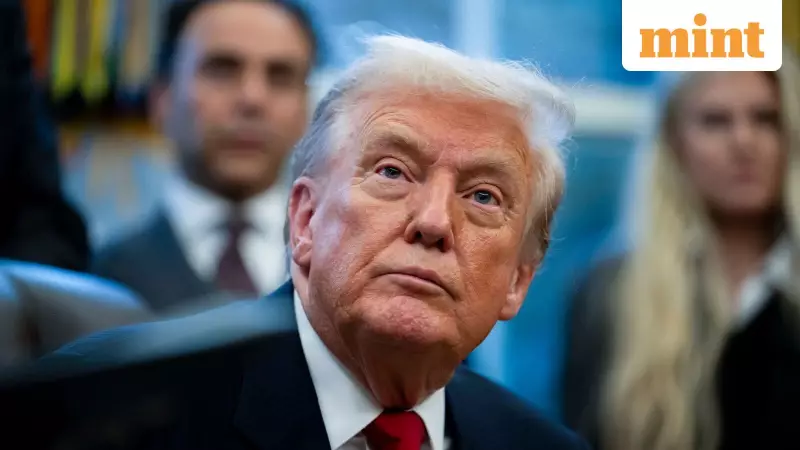
In a significant announcement that has captured national attention, former US President Donald Trump used his Truth Social platform to propose a major financial payout to American citizens. The declaration, made on Sunday, has since been reiterated in person, sparking widespread debate about its practicality and legality.
The $2000 Dividend Proposal: What Was Said?
On Sunday, Donald Trump made a bold post on his Truth Social account, stating, "People that are against Tariffs are FOOLS! ... A dividend of at least $2000 a person (not including high income people!) will be paid to everyone." He followed this online statement with a confirmation at the Oval Office the next day, clarifying the plan's intent. "We are going to issue a dividend to our middle-income people and lower-income people of about $2,000", he said, adding that remaining tariff revenues would be used to reduce the national debt, which he labelled a national security issue.
Legal and Financial Hurdles to the Plan
While the promise of direct cash is appealing to many, experts point to substantial obstacles. Firstly, the US President does not have the direct authority to issue such financial rewards. The constitutional 'power of the purse' rests solely with Congress. This was evident during the COVID-19 pandemic when stimulus checks were only distributed after Congress passed the necessary legislation, which the President then signed.
Financially, the proposal faces an even steeper challenge. According to estimates from the Committee for a Responsible Federal Budget, distributing $2,000 checks would cost the federal treasury a staggering $600 billion annually. The projected revenue from tariffs is only about half of that amount, creating a massive financial shortfall that makes the plan unworkable with current projections. A similar, though less expensive, proposal by Republican Senator Josh Hawley for $600 per person failed to advance beyond the Senate Finance Committee.
Supreme Court Scrutiny on Tariff Legality
Complicating matters further, the very foundation of this proposal—the tariff revenue—is under legal threat. The US Supreme Court is currently reviewing a case that challenges the president's authority to impose high tariffs on imports from specific countries. The outcome of this case is critical.
As reported by The Hill, if the Supreme Court rules these tariffs illegal, it could force the administration to issue refunds to the numerous small businesses that have filed the legal challenge. Trump has expressed hope for a favourable verdict, stating, "I'm going to hope that we win. I can't imagine that anybody would do that kind of devastation to our country." A negative ruling would not only dismantle the proposed dividend plan but also represent a major policy setback.
In summary, while the promise of a $2000 dividend is a powerful political message, the combined forces of constitutional law, federal budgeting, and an impending Supreme Court decision present formidable barriers. Americans are advised to view this announcement with cautious skepticism until these fundamental issues are resolved.





